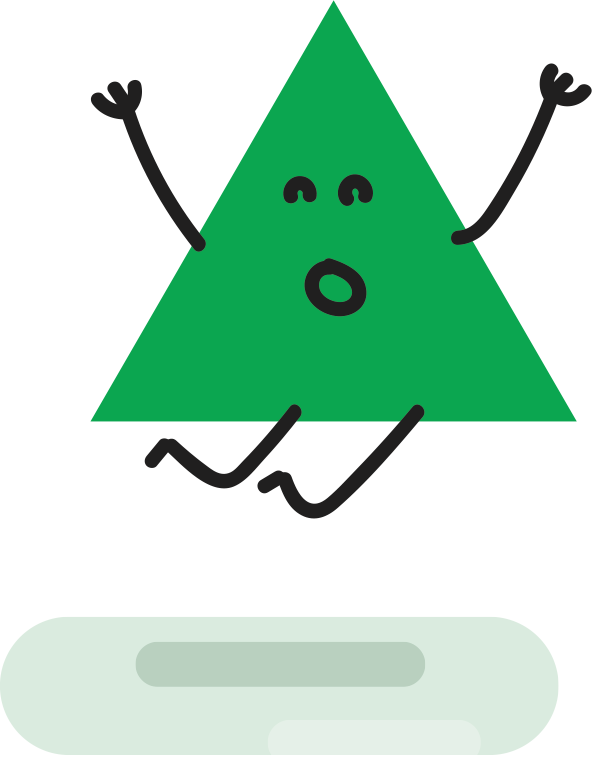

We help children and young people with attention difficulties, including attention deficit hyperactivity disorder (ADHD).

Understanding how an individual’s memory works brings the following benefits:
Putting techniques and strategies into place, and helping a child or young person to understand why they find some areas of their life challenging can help them to become happy, safe and ready for life’s challenges.
A memory assessment can be carried out following an initial discussion, please see our process below.
What happens during a memory assessment will vary depending on the specific aspect(s) of memory being assessed. Typically, children and young people will be asked to remember a sequence or phrase whilst completing a variety of other tasks in addition to recalling information they have seen or heard. The tasks are age appropriate and should take place in a calming environment to reduce unnecessary distractions.
The specific memory assessment used will be chosen based on the individual following an initial discussion. The common memory assessments we use are:
There are other assessments and ways to measure memory and these will be discussed before the assessment takes place.
After a memory assessment, information will be provided as to what an individual’s strengths and difficulties are. Recommendations can also be made to provide appropriate support to maximise a child or young person’s learning.
Reports are available to outline the assessment results and to provide specific recommendations. Reports are also available to be used in support of an application or other use. Find out more about the variety of reports we offer.
Memory can affect multiple areas of a child or young person’s life, and a memory assessment can help to put appropriate support strategies into place. Understanding why specific challenges exist can help in overcoming those barriers to learning. To find out more, or to arrange an initial discussion please contact us.
Arrange an initial discussion to find out how we can benefit your education setting. The initial discussion lasts 2 hours and is a starting point to identify needs. The cost is £300.
only
£300


Once again thank you for all your help and for actually listening to me when others wouldn’t.

Jodie (Parent)
Thank you Julie once again for the excellent report, it captured the child’s needs entirely - SENDIASS, parents and me commented on how well written it was. Many thanks for your continued assistance.

SENCO
Sarah Ward was brilliant with us. Really happy with the help and support, would recommend.

Joanne (Parent)
I think the work you have been doing has been great to help break the stigma of mental health and as a fellow sufferer I know how important that is.

Mental health professional
Many thanks for Sarah W’s hard work with our students which has been very well received.

Deputy Head
Really enjoyed it and learnt lots that I can take back to school. Thank you for the quality experience.

Sarah Tindal
Thank you Julie once again for the excellent report, it captured the child’s needs entirely - SENDIASS, parents and me commented on how well written it was. Many thanks for your continued assistance.

SENCO

We provide bespoke solutions to suit all budgets and requirements for children and young people aged 0-25 in homes, education settings and the community. Our clinical, educational and child psychology services are cost effective.
To make a referral and arrange an initial discussion please complete our referral form.

Ready to get started? The next step is to speak to our team to find out more about the services we provide and how we can help. Call us on 0161 820 9229 or email office@hsrpsychology.co.uk